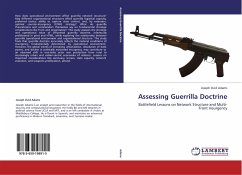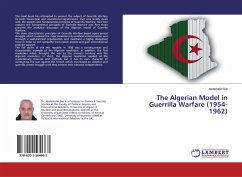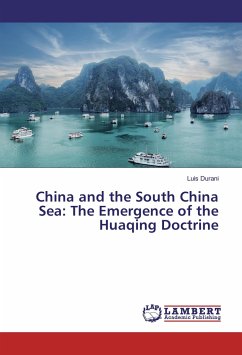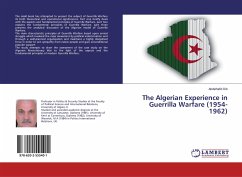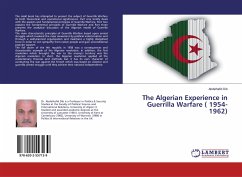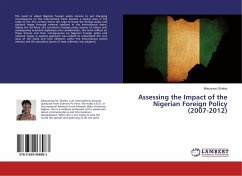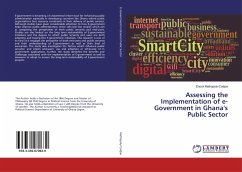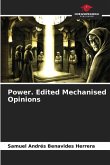How does operational environment affect guerrilla network structure? May different organizational structures affect guerrilla logistical capacity, preferred tactics, ability to capture state control, and, by extension, optimal counter-insurgency (COIN) strategy? What do guerrilla theoreticians and commanders themselves say on fundamental strategic considerations like front and organization? This study assesses the strategic and operational value of influential guerrilla doctrine, infamously proliferated in print and HTML, while exploring the relationship between guerrilla operational environment and organizational structure. This study finds that guerrilla doctrine accurately reflects the material conditions of insurgency, fundamentally determined by operational environment. However, the global trends of increasing urbanization, dissolution of state power, and decline in politically motivated insurgency, may contribute to an observed shift in non-state actor war production from rural to increasingly urban and civilian-centric economies of violence. Lessons on important considerations like sanctuary, terrain, state capacity, network evolution, and weapons proliferation, attend.

